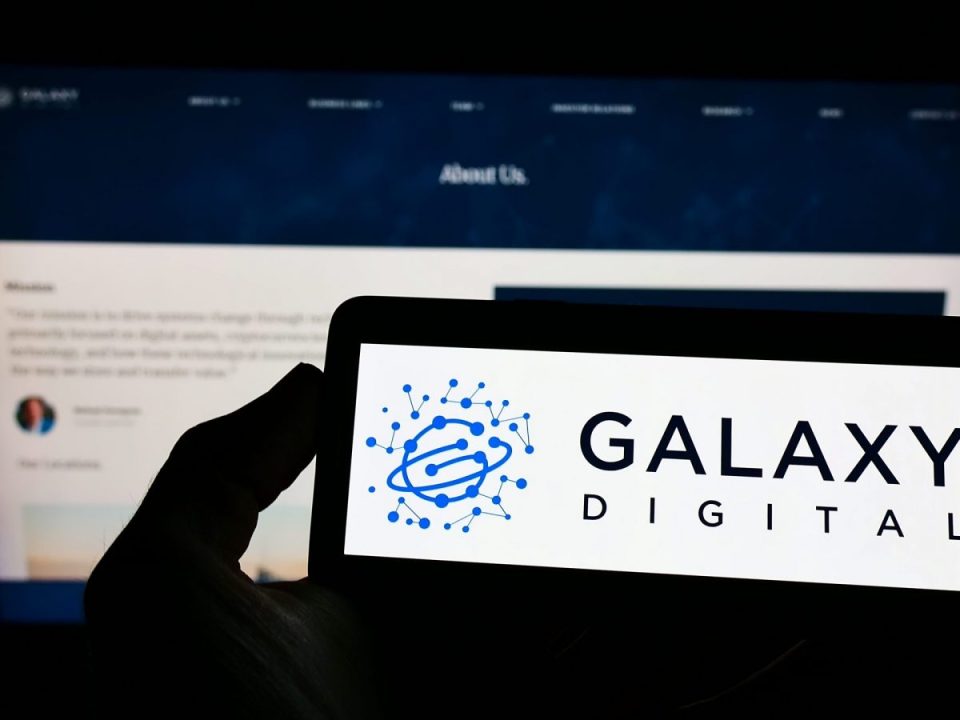Galaxy Digital has officially landed on the Nasdaq, trading under the ticker symbol GLXY, after a lengthy journey marked by regulatory hurdles and a significant financial commitment. The move, which saw the company shift its shares from the Toronto Stock Exchange to the U.S. market through a direct listing, is a milestone for both the firm and its outspoken CEO, Mike Novogratz.
Galaxy Digital’s arrival on Nasdaq wasn’t quick or cheap. Novogratz revealed that what should have been a 90-day process ballooned into a 1,320-day marathon, costing the company more than $25 million. The drawn-out timeline included nine rounds of feedback with the Securities and Exchange Commission, a process Novogratz described as “unjust” and “infuriating.” He noted that the regulatory scrutiny meant Galaxy had to be exceptionally well-capitalized just to stay competitive, with compliance and auditing costs far exceeding those of traditional financial firms.
Despite the challenges, Novogratz believes the experience has made Galaxy a stronger company. He also pointed out the scale of opportunity in the U.S. compared to Canada, suggesting that the firm’s potential market presence is dramatically larger now that it’s listed on Nasdaq. “Had we been engaged in the U.S. markets during those four years, we would be a different organization,” he told CNBC.
The Nasdaq debut is more than just a change of scenery. For Galaxy Digital, it’s about access to deeper capital markets and a broader investor base. Novogratz rang the opening bell as GLXY shares started trading at $23.50, marking the company’s official entry into the U.S. public markets. The move follows a shareholder-approved reorganization and redomiciling from the Cayman Islands to Delaware, a step required for the Nasdaq listing.
This transition also comes at a time when investor interest in crypto-related firms appears to be rebounding, as seen with eToro’s recent successful Nasdaq debut. Galaxy’s listing is being watched as a bellwether for the sector’s acceptance on Wall Street.
For Novogratz, Galaxy Digital’s future is anchored in two fast-growing sectors: cryptocurrency and artificial intelligence. He told CNBC that these are “the two most thrilling growth sectors in the market,” emphasizing that Galaxy is now positioned as both a data center firm and a crypto organization.
He’s also been vocal about the intersection of AI and blockchain, arguing that blockchain technology will be crucial in addressing challenges posed by AI, such as identity verification in a world of deepfakes. Novogratz has criticized regulators for focusing more on crypto than on AI, suggesting that the real risks lie with the latter.
Now that Galaxy Digital is trading on Nasdaq, Novogratz expects the company’s regulatory costs to decrease by as much as 40 percent. He sees the U.S. market as a game-changer, offering the scale and investor interest needed for Galaxy to grow into a much larger player in both crypto and AI infrastructure.
The company’s journey underscores the persistence required to break into U.S. public markets, especially for firms operating in emerging sectors. With its new listing, Galaxy Digital is betting that the convergence of crypto and AI will drive its next phase of growth, now with the resources and visibility that come with a Nasdaq listing.

